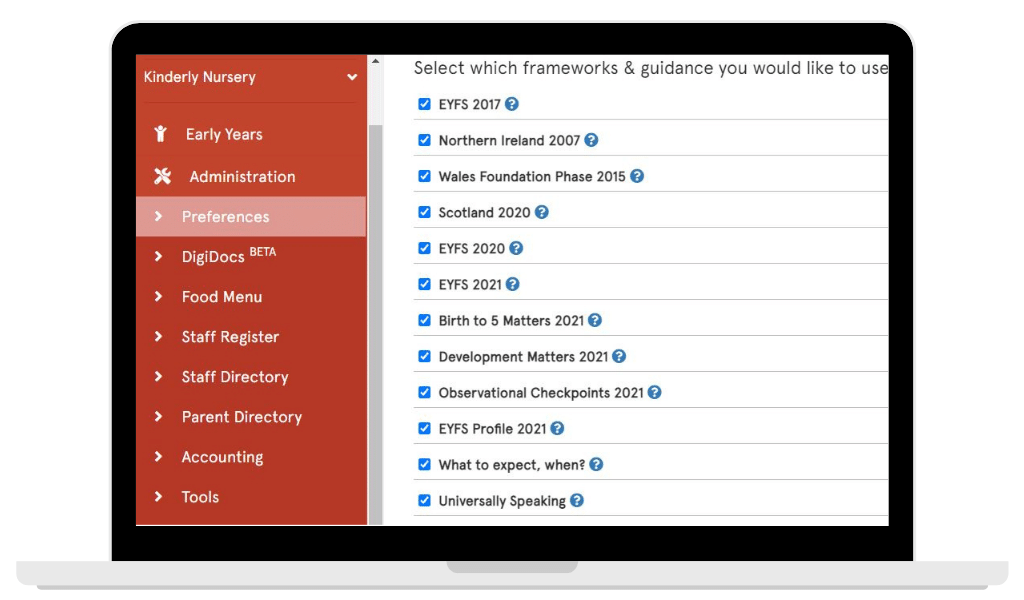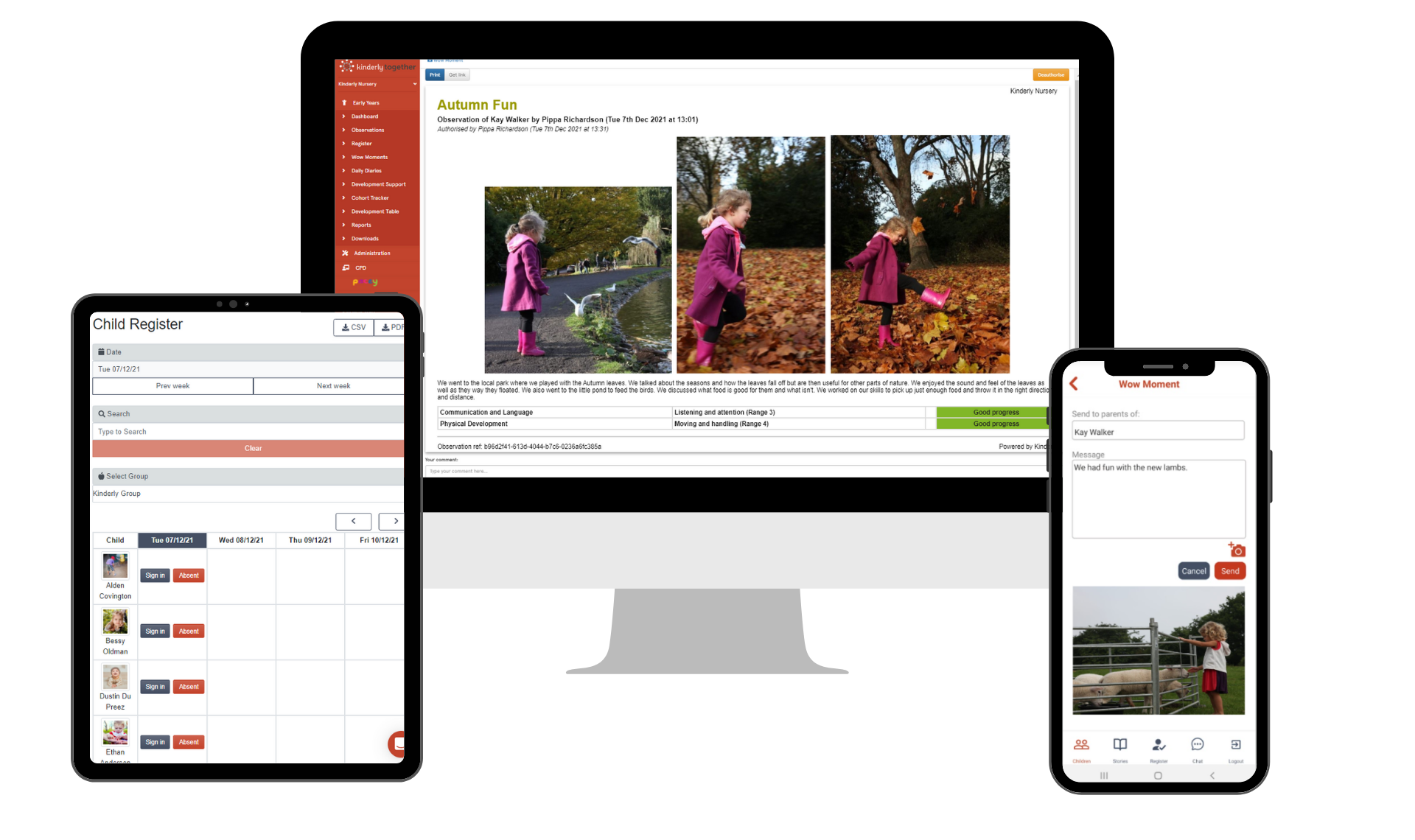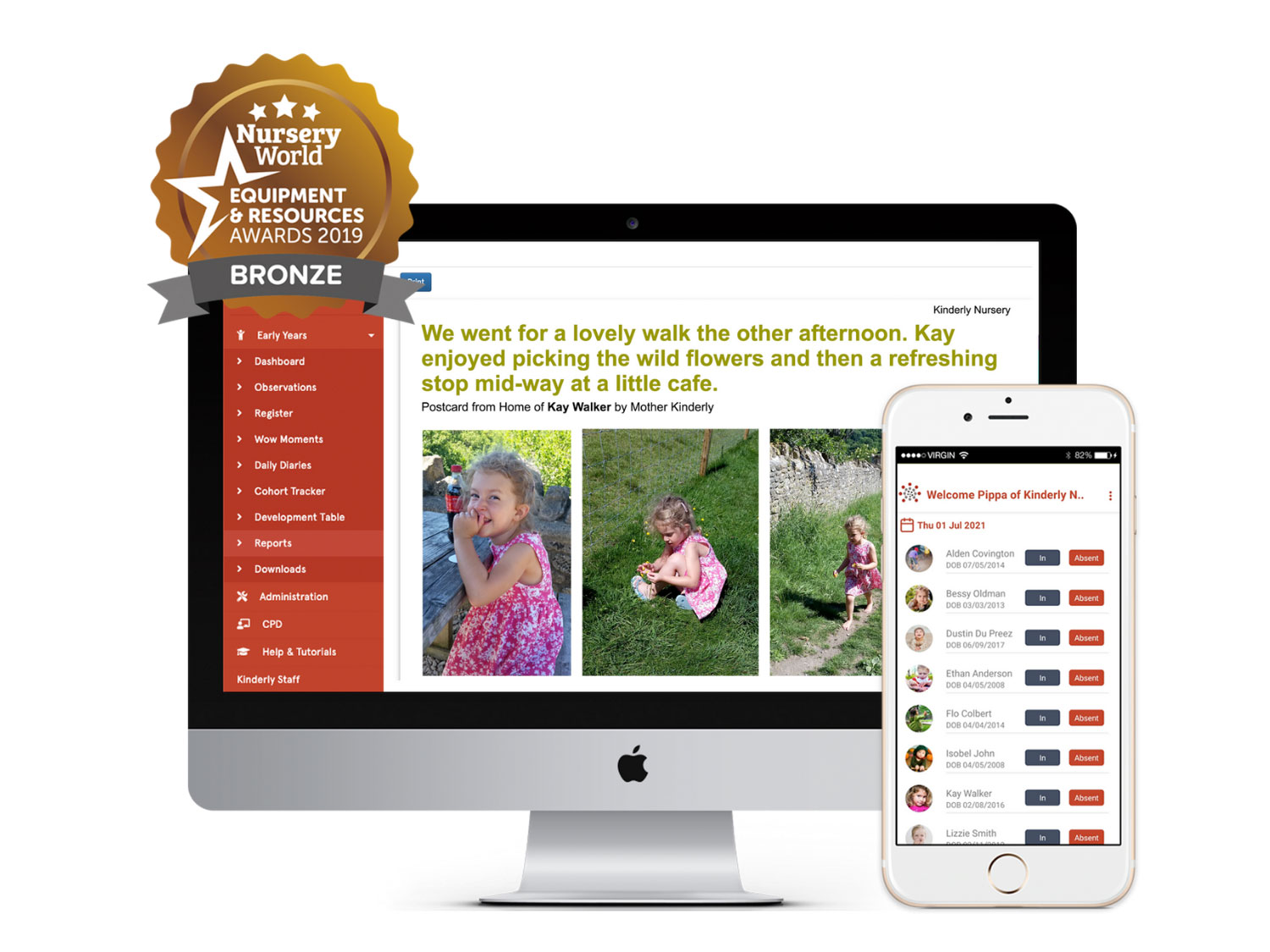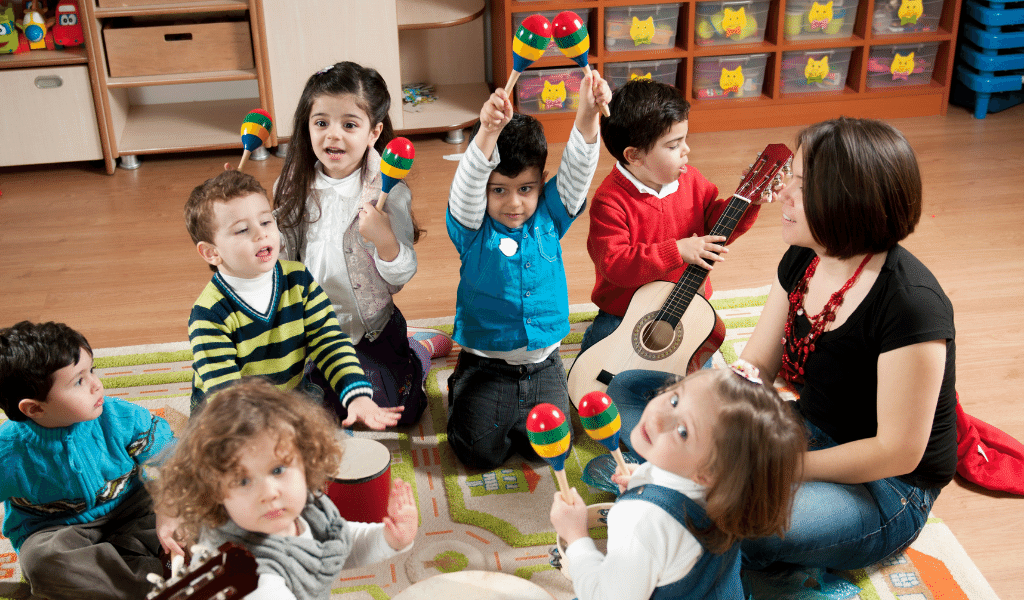Early Years is one of the most constantly changing and evolving sectors out there, in education and otherwise, but although change is inevitable it is not without its challenges. The revisions to the EYFS framework in England are calling for a change in perspective and practice that have left many practitioners unsure of how to proceed. Although the revised framework does not require large amounts of documentation and observation, Childminder Vikkie Murray still feels that it has its place and serves a strong purpose. Here is her experience about the power of observation and the key role early years software partner Kinderly Together, plays in her setting:
Since the framework has been revised, multiple guidance documents have been released all supporting planning and assessment. Every one of the guidance has its pros and cons, and different ones will suit different practitioners BUT Kinderly Together is unique as it allows you to access whichever you choose, or even use multiples – I personally use Birth to 5 Matters and Development Matters.

The big benefit of this is that when you create an observation and are reflecting upon what learning is taking place and the range within which the child is demonstrating skills and knowledge, you have multiple examples available to you support you to make the best-fit judegment.
I have been asked, “Why do you do observations when you no longer need to?” Although the requirements for documentation have changed, good practice still relies on solid knowledge of the children and their development. Observations are a good way to record this for your own aide-memoire and a prompt when planning your provision. I think whilst many of us are adapting to a new way of working and thinking, having these prompts and reminders of children’s development can be really supportive and helpful.

The 3 Is (Intention, Implementation and Impact) are at the centre of good practice in the revised EYFS framework and observations help us reflect on these 3 elements, particularly the impact, and help practitioners plan effective and engaging environments and learning opportunities for children.
Observations are a way of recording a child’s journey – capturing those special moments in their learning and development, and reflecting on their progress. Using Kinderly Together means that I can easily share these moments and developmental leaps easily with families. Families can not only access their child’s observations, comment on them and see how their child is engaging in learning and the progress they are making, but they can also add moments of their own using the Postcards from Home feature – giving everyone involved a holistic view of the child. Kinderly also enables you to share ideas to develop learning further at home, which I have found greatly strengthens my partnerships with parents.


Although the reception of the new framework has been mixed, personally, I think this is a great step towards the direction that Early Years needs to be taking. We are being asked to trust ourselves as practitioners and our knowledge of the children and to engage with them in ways that are exciting, relevant and purposeful to them, and to us. We are being encouraged to play, to respond and to be present, in the moment with the children. There are many things for us to adapt to, but this is a chance for us to become play people – practitioners supporting children as partners in learning!
If you’re not already a Kinderly Together member, why not register for a free trial or book yourself a free demo.